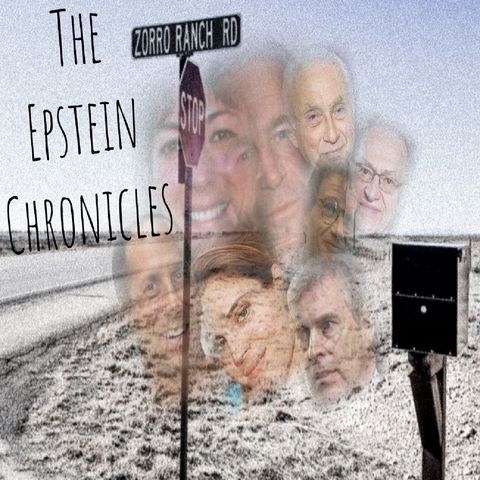Explicit
The Donald J. Trump RICO Indictment From Georgia In Full (Part 4) (8/17/23)

Aug 17, 2023 ·
16m 4s
The RICO laws, short for the Racketeer Influenced and Corrupt Organizations Act, are a set of federal laws enacted in the United States in 1970 to combat organized crime and...
show more
The RICO laws, short for the Racketeer Influenced and Corrupt Organizations Act, are a set of federal laws enacted in the United States in 1970 to combat organized crime and other criminal activities conducted by individuals or groups within enterprises. The primary goal of RICO laws is to target and prosecute not just individual criminals, but also the entire criminal organizations or enterprises that they are part of. Here's a summary of the key aspects of RICO laws:
In this episode we continue our multi part exploration of the Georgia RICO indictment of Donald J. Trump and his alleged co-conspirators.
(commercial at 9:12)
to contact me:
bobbycapucci@protonmail.com
source:
CRIMINAL INDICTMENT - DocumentCloud
show less
- Criminal and Civil Liability: RICO laws provide for both criminal and civil liability. Individuals or organizations found guilty of violating RICO laws can face severe criminal penalties, including imprisonment, fines, and asset forfeiture. Additionally, civil suits can be filed by private parties who have been harmed by RICO violations, allowing for the recovery of damages.
- Enterprise: RICO laws target enterprises that engage in a pattern of racketeering activity. An enterprise can be any legitimate or illegitimate organization, including corporations, partnerships, associations, or even groups of individuals. The focus is on the pattern of criminal behavior conducted by the enterprise.
- Racketeering Activity: The law defines a list of specific criminal activities, referred to as "predicate acts," that can constitute racketeering activity under RICO. These activities include various forms of fraud, bribery, counterfeiting, extortion, money laundering, illegal gambling, and drug trafficking, among others.
- Pattern of Racketeering Activity: To trigger RICO enforcement, there must be a pattern of racketeering activity. This generally requires at least two instances of predicate acts within a 10-year period. The acts must be related and demonstrate a continuity of criminal behavior.
- Prosecution: RICO allows for the prosecution of both individuals and organizations involved in the criminal enterprise. Individuals can be charged for their roles in conducting the racketeering activities, while organizations can be held liable for benefiting from or facilitating these activities.
- Forfeiture: RICO laws provide for the seizure and forfeiture of assets acquired through or used in the commission of racketeering activities. This includes both personal and organizational assets, such as money, property, and other valuables.
- Civil RICO Lawsuits: RICO also permits individuals or businesses that have been harmed by racketeering activities to file civil lawsuits. Successful plaintiffs can recover three times the damages they suffered, as well as attorney's fees and court costs.
- Continued Use and Impact: RICO laws have been used not only against traditional organized crime groups but also against a wide range of enterprises engaged in white-collar crimes, political corruption, and other forms of criminal conduct. They have had a significant impact on how law enforcement approaches and investigates complex criminal cases involving organized activities.
In this episode we continue our multi part exploration of the Georgia RICO indictment of Donald J. Trump and his alleged co-conspirators.
(commercial at 9:12)
to contact me:
bobbycapucci@protonmail.com
source:
CRIMINAL INDICTMENT - DocumentCloud
Information
Copyright 2024 - Spreaker Inc. an iHeartMedia Company
